Srinagar 18 March (KNB): Surgery should be delayed for seven weeks after a patient tests positive for COVID-19 – as operations taking place up to six weeks after diagnosis are associated with increased risk of death, according to a new global study led by experts at the University of Birmingham.
More than 25,000 surgeons worked together as part of the COVID Surg Collaborative to collect data from 140,727 patients in 1,674 hospitals across 116 countries including India, Australia, Brazil, China, the UAE, UK and USA – creating one of the world’s largest and broadest studies on surgery.
In India, Sher-I-Kashmir Institute of Medical Sciences (Department of Colorectal surgery), Srinagar was one among the 56 hospitals across the country and the only one from the state. The project was funded by NIHR (National Institute of Health Research), UK’s largest funder of health and care research.
Researchers have discovered that patients are more than two-and-a-half times more likely to die after their operations, if the procedure takes place in six weeks following a positive diagnosis for SARS-CoV-2.
Publishing their findings in one of the leading medical journals of the world, “Anaesthesia”, this month, the researchers discovered that patients operated 0-6 weeks after SARS-CoV-2 infection diagnosis were at increased (more than two-and-a-half times ) risk of postoperative death.
Co-lead author Dr Dmitri Nepogodiev, from the University of Birmingham, commented: “We recommend that whenever possible surgery should be delayed for at least seven weeks after a positive SARS-CoV-2 test result, or until symptoms resolve if patients have ongoing symptoms for 7 weeks or more after diagnosis.”
Another Co-lead author Aneel Bhangu from the University of Birmingham, added: “Decisions regarding delaying surgery should be tailored for each patient, since the possible advantages of a minimum seven-week delay following SARS-CoV-2 diagnosis must be balanced against the potential risks of delay.”
He further added that for some urgent surgeries including advanced tumours, surgeons and patients may jointly decide after considering the benefits and risks.
Dr Asif Mehraj, Hospital Lead from SKIMS said that, “this is one of the largest surgical cohort studies done in the world till date and gives us the evidence regarding the safe amount of delay before undergoing any surgery after testing positive for COVID-19. This would help us in optimising final outcomes following surgery in these patients. Scientific studies of this sort are needed of the hour, as these have immense direct public benefit.”
Prof Nisar A Chowdri, Chairman Surgical Specialities and Head, Department of General and Minimal Invasive Surgery and Colorectal division, under whose supervision this study was conducted said that there was no solid evidence for duration of wait between a person testing positive and he/she undergoing any surgical procedure.
“Now with the results of this study it is clear that surgery should be delayed by at least seven weeks, unless there is a significant risk in doing so. This will be determined on a case to case basis by the treating surgeon,” said Chowdri.
He thanked and congratulated the whole team of the department for being involved in high quality scientific research which is in the interest of the general masses.
He further said that the department has received tremendous support and encouragement from Director SKIMS in carrying out various research projects including this one for contributing data to one of the largest international cohort studies in surgery and allied specialties.
Director SKIMS Dr. A G Ahangar-Ex officio Secretary to Govt. maintained that surgical intervention as and when indicated should neither be delayed nor avoided on account of a patient being tested positive in a set up where tertiary care is available while taking all the precautions for the management staff as also ensuring the conduct of such interventions with all the strict SOPs in vogue.
He further said that in case the surgical intervention of a sort would be in itself an overriding risk factor, should the surgical procedure be delayed till the recovery from the Covid-19 infection, read an official communique. (KNB)


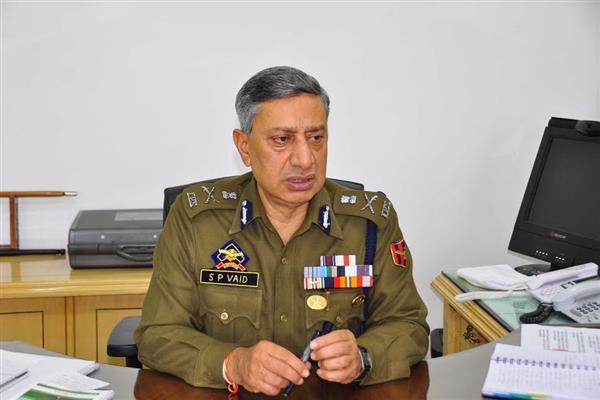




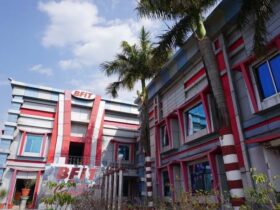




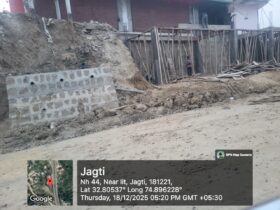


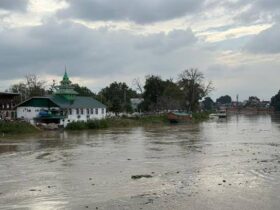
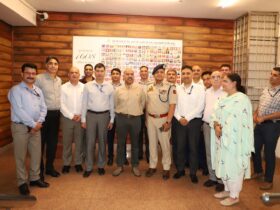
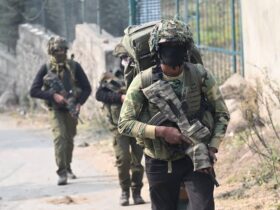
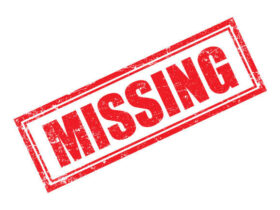
Leave a Reply